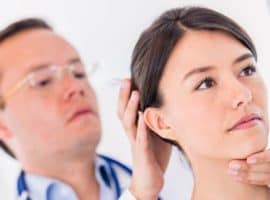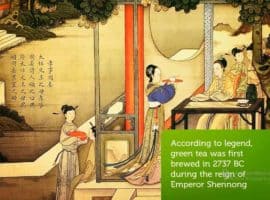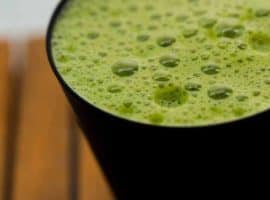Tea Drunk | My Tea Experience | How to Get High on Green Tea
Tea drunkenness is a to some degree questionable point. A few people contrast it with a solid caffeine buzz, and say their symptoms incorporate instability, sickness, solid unsteadiness and other offensive sensations related with expending overabundance caffeine. Most genuine tea devotees depict their encounters with being ‘tea drunk’ in an unexpected way.

For me, being tea plastered feels euphoric. There is a solid feeling of focus and quiet, an acknowledgment of my general surroundings/sentiment satisfaction, and a satisfying dizziness/feeling of drifting. I’ve heard others list side effects, for example, a giggly, bouncy or ridiculous feeling, a sentiment enthusiastic rapture, a pondering or philosophical mentality, or a contemplative, touchy state of mind. The general impact is regularly portraying as an exceptionally “Zen” feeling.

It is imagined that tea drunkenness is a consequence of the mix of caffeine and different molecules in tea, especially L-theanine. Expended without caffeine, L-theanine incites an extremely quiet (and frequently exceptionally sluggish) state, and it is in trial stages for use as a tension decreasing medication. In any case, when joined with caffeine, L-theanine is thought to build the creation of alpha waves in the cerebrum, initiating a reflective state without making you tired.
Watching the physical, mental and emotional impacts of a tea is only one of the numerous parts of tea tasting and appreciation. To achieve a condition of tea drunkenness, begin by eating some nourishment to pad your stomach to the tea’s caffeine and moderate the retention of tea’s natural substance mixes. At that point, set up your tea (ideally a superb oolong, shade-developed Japanese green tea or matured pu-erh*), relish it, and note how you feel.




